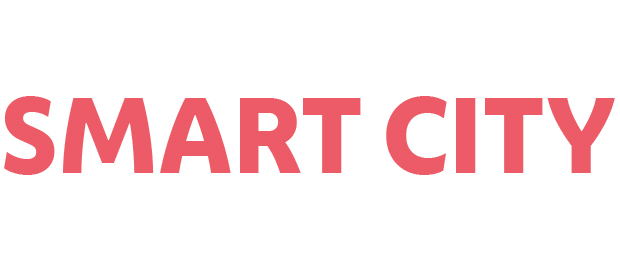The WAALTeR project addresses the question of how digital technologies can enhance quality of life for senior citizens in Vienna. 91 Viennese senior citizens tested a series of tools and services in their everyday lives over an 18-month period, with the focus on activities, mobility, social integration and communication, safety and health. The digital tools tested included a tablet installed with a dedicated WAALTeR app and a Bluetooth link to a blood pressure gauge and telemedicine functions, smart watches with mobile and home emergency call buttons, and an indoor fall detector. 76 further volunteers without digital support tools for everyday life acted as a control group.
WAALTeR makes life easier
WAALTeR combined all the tools and services in a single all-in-one solution. The aim was to usefully integrate digital assistance systems into the everyday lives of elderly people, so all the tools and services were designed for easy use by this target group. The participants’ subjective feeling of safety in the home was enhanced by the alarm button, presence detector and fall detector functions, while the OTAGO fall prevention programme and a pedometer encouraged regular home exercise. Telemedicine applications allowed blood pressure and blood sugar measurements to be transmitted to the user’s GP. The senior citizens also had access to the digital neighbourhood support network FragNebenan, a calendar for events and appointments, video telephony, e-mail and a route planner customised for their individual mobility preferences to support social interaction and participation in community life.
Results and background
WAALTeR supports the objectives of the Smart City Wien Framework Strategy in multiple ways. The project demonstrated how a Smart City can develop the digital skills of its senior citizens, providing a key to increase their social integration and combat social isolation in old age. At the same time, it also helped to promote healthy ageing and active mobility.
The collected data show how important digital tools and services can be in the lives of senior citizens, provided they are involved at the development stage. After all, senior citizens are not a homogeneous group and technology is not a universal remedy that is automatically useful regardless of external social factors.
An applied ICT and AAL (active & assisted living) research project, WAALTeR was commissioned by the City of Vienna and supported by the Austrian Federal Ministry for Climate Action, Environment, Energy, Mobility, Innovation and Technology. The project ran from December 2016 until November 2019. Detailed information about all the participating organisations and the methodology employed can be found on the project website.
Contact
DI Julia Sauskojus
UIV Urban Innovation Vienna GmbH
This post is also available in: German




